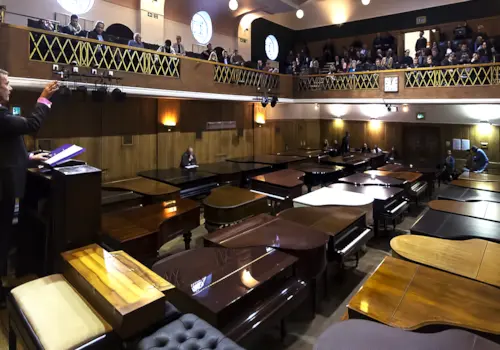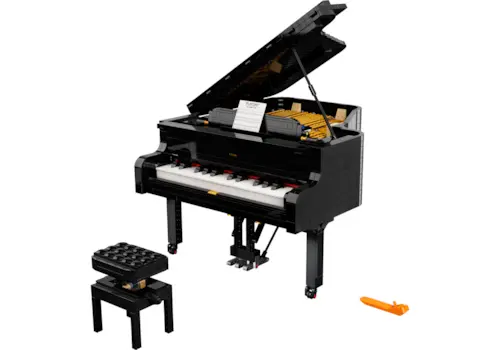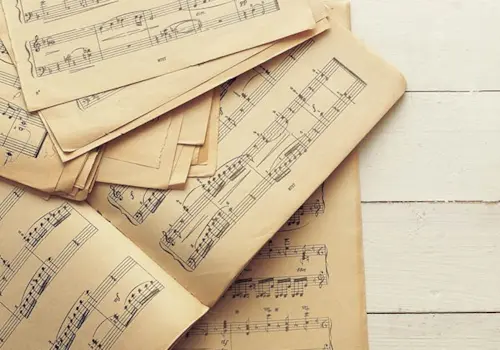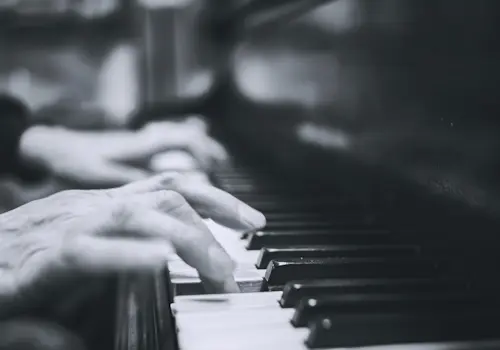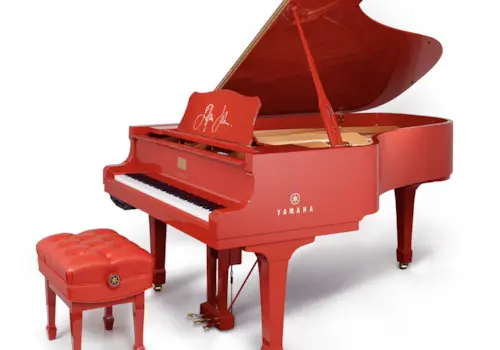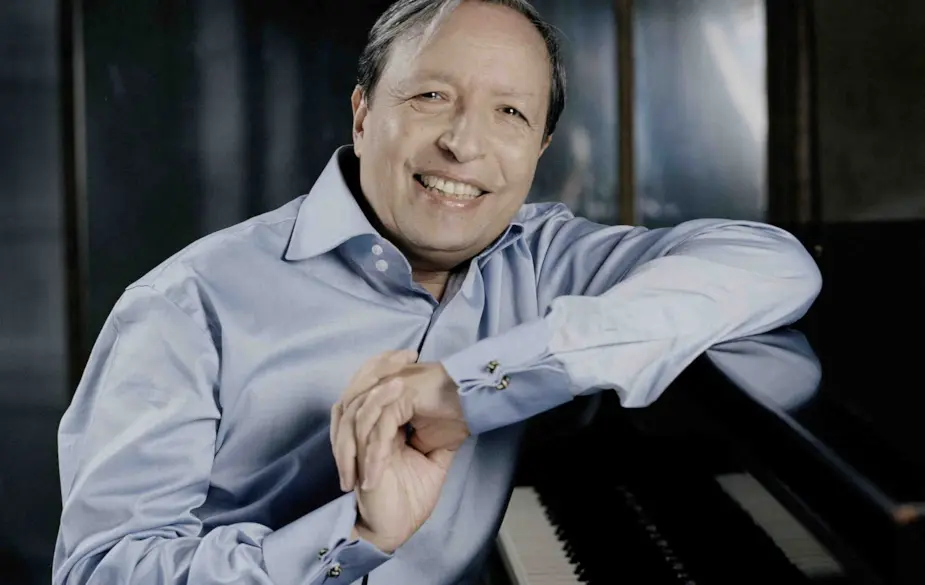19 November 2012
|
Inside Pianist 69, Jessica Duchen talks to the pianist about 40 years in the spotlight, the secret of Beethoven's Moonlight and taking lessons with the formidable Vladimir Horowitz. Here Perahia talks to us exclusively about the importance of musical analysis.
MURRAY PERAHIA ON...WHY MUSICAL ANALYSIS IS IMPORTANT
Music is a narrative art. We can make metaphors with language. We can say in a piece that, for example, Chopin is in exile, he wants his homeland, knows it must be fought for with blood, and he’s victorious, or not, at the end. But to make it even more expressive you need to see that the notes are experiencing a trauma. The notes, the harmonies, all have a place in this story. You can just play a nice tune and adjust the balances, accompaniments and phrasing, but if it doesn’t become bigger than that, it doesn’t get to the core of the music.
In the UK Donald Francis Tovey got people to think in longer lines, in 16 bars rather than eight – for instance, you can see a whole development section in one span. In Germany Heinrich Schenker was a vital musical figure who lived until the 1920s – he studied with Bruckner and probably with Brahms’s harmony and counterpoint mentor, Eusebius Mandyczewski. His analytical approach applies ideas of ‘voice-leading’ to these long spans, seeing the structure as an evolving five or six chords and an elaboration of simple ideas.
The great composers, including Mozart and Beethoven, had intensive training in figured bass, harmony, counterpoint: a detailed grounding in tonality and the possibilities of tonality. Today we’ve lost that completely. But it’s necessary if one’s going to see the greatness of, for instance, a Beethoven sonata. It’s not just the surface, and one can only penetrate that if one understands the secrets of tonality. The heart is important, but you have to use the mind as well. And try to know the education of the composers: they didn’t do five years of training for nothing.
I’d encourage students to learn these things: they’re your key into the narrative of the music. It’s more expressive, it’s more precise, it’s better than words.


